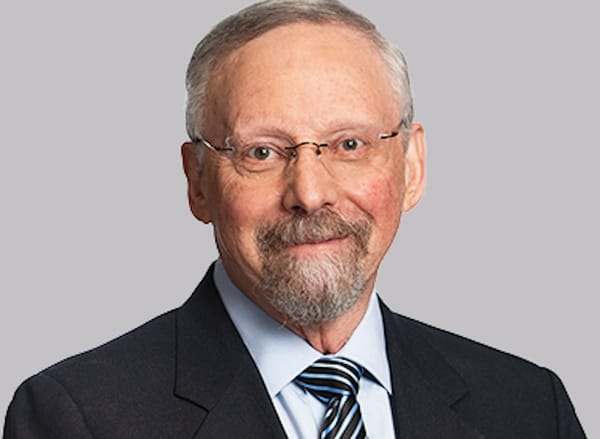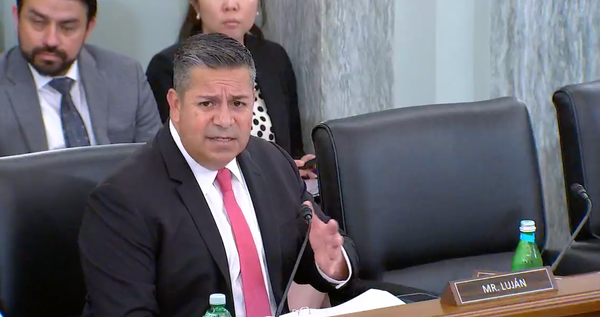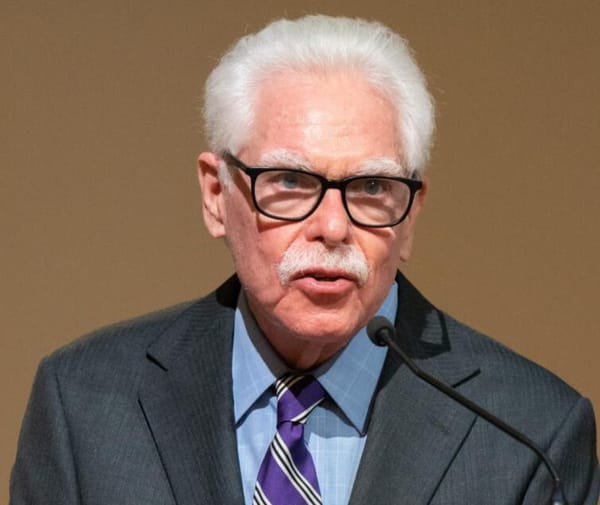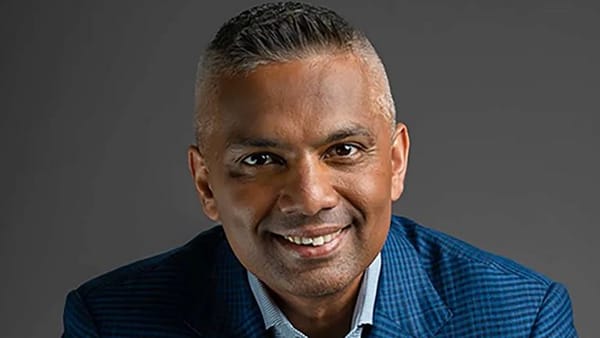Aspen Dispatch: Who Wants to Police the Internet?
ASPEN, COLORADO, August 18 – The Monday morning panel at the 2008 Aspen Summit examined the fundamental protections provided to third party internet providers and users and considered recent legal developments that might increase legal exposure to internet service providers and blog administrators.
Blog Entries
ASPEN, COLORADO, August 18 – The Monday morning panel at the 2008 Aspen Summit examined the fundamental protections provided to 3rd party Internet providers and users (Section 230 of the Communications Decency Act) and considered recent common law developments that might upend some of the protections previously afforded to 3rd parties like ISPs and even blog administrators. Thanks to Section 230, everyone from Comcast to WordPress to Facebook to techliberation.com are not considered to be “publishers” according to legal definitions and are theoretically free to facilitate Internet speech, commerce, and other exchanges rather than police them.
- Adam Thierer, Senior Fellow and Director of the Center for Digital Media Freedom, The Progress & Freedom Foundation (moderator)
- Jim Harper, Director of Information Policy Studies, Cato Institute.
- Chris Kelly, Chief Privacy Officer and Head of Global Public Policy, Facebook, Inc.
- Eugene Volokh, Gary T. Schwartz Professor of Law, UCLA School of Law
- Kent Walker, Vice President and General Counsel, Google Inc
While the panelists disagreed to some extent on the question of whether Section 230 can be called a blanket immunity, the legislation is clearly seminal. As Kent Walker stated: “There has always been rules for one to many communications like radio and television and there has been rules for one to one communication like the telephone…until Section 230, we didn’t have rules for many to many communications.”
Adam Thierer, this morning’s most prominent devil’s advocate, pressed the panel to consider whether 230 is a get out of jail free card that leaves the Internet with no police department and only a series of poorly enforced (and enforceable) ad hoc rules that don’t make any sense from an efficiency standpoint.
Jim Harper conceded that in the absence of 230, the common law process may very well have determined a more efficient set of rules for Internet liability, but that justice is a much more important ideal in this case than efficiency. “The electric company’s not responsible for electric fires at a consumer’s house, and for good reason,” Jim concluded.
Other panelists also admitted that ISPs are well positioned to be enforcers of a distinct set of rules (if there was one), but there was general agreement that if you deputize the middleman (the ISP or any network administrator), the middleman will take the easy way out. The part-time bloggers on the panel (apparently about half of them) all noted that if they were liable for the comments on their blogs they would simply have to eliminate all comments.









